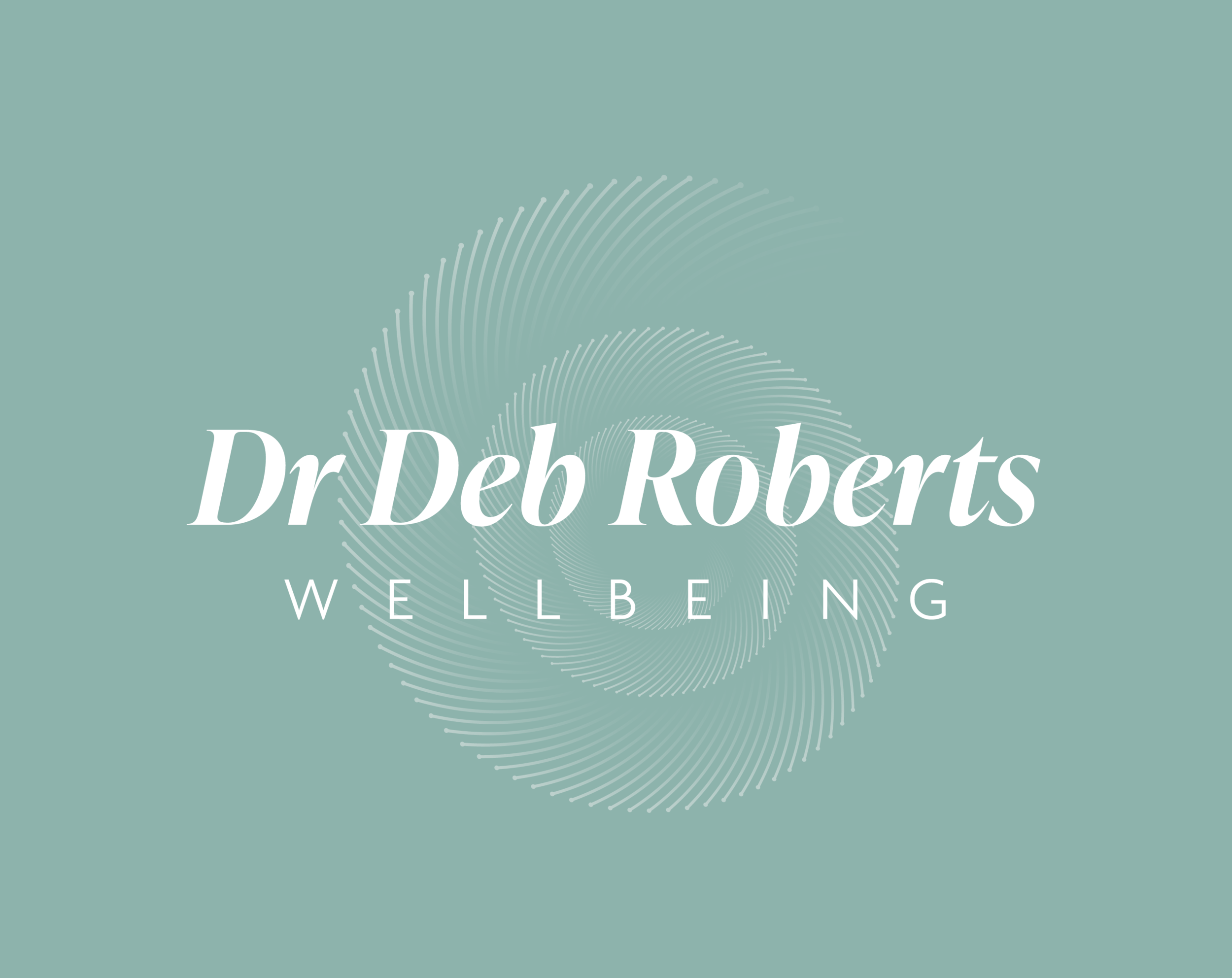Rewiring resilience
Resilience is a word being bandied around by various experts, various philosophies and across industries. I hope that the term is not being overused to the point that people are tiring of talking about it or discussing its importance.
The essence of resilience is about the ability to bounce back from adversity and challenges.
There is capacity for a lot of resilience in all of us, I know that in my heart and hence why I’m so passionate about the topic, yet equally so affected by not feeling resilient at the moment.
Adversity experiences are different for everyone. You might experience a difficult or unpleasant situation when someone does something that you think is offensive, or when you can’t get something to work triggering negative self-talk ‘Of course you can’t get it’, ‘there you go messing it up again’, ‘you’ll never get it right!’.
Or it could arrive from more serious life and death, health or mental health challenges, which many people face at some point in their lives.
The real, or imagined, inability to deal with difficult situations triggers uncomfortable emotional states including fear and can lead to being in what is called Emotional Mind; black and white thinking, and catastrophising over very minor or major matters. It can be crippling.
To assist people in overcoming fears or changing negative thought patterns, Cognitive Behaviour Therapy (CBT) and Dialectic Behaviour Therapy (DBT) are common psychological approaches which aim to combat distress and suffering.
CBT addresses ways of thinking by acknowledging the thought or feeling and then challenging the thought with the facts, or another point of view and series of outcomes. Combined with this, self-soothing or distraction mechanisms are taught to challenge repetitive, unhelpful thoughts.
For example, simply pausing after a thought and breathing in and out can be enough to give space between a trigger and its emotional reaction or response, providing an opportunity for change.
This change in thought patterns is intended to help move a person from a pattern of Emotional Mind thinking into a more mindful and accepting Wise Mind state.
When I was 22, I travelled from the USA to Australia knowing no one, and crossing the world for adventure, study and, if I’m honest, escapism. I came over with a broken -back (lower lumber compression fracture from a tree fall, which is another story) and in a brace from my neck to waist which lasted for years, but I got through it. That shows resilience, I know that.
Receiving my PhD through the perils of academic ups and downs and personal challenges also showed resilience along with various jobs I held in the public and private health care sector. I’ve married and raised a family, I have loving friends, I’ve owned my own business, building it from scratch. I continually consult in the education sector and teach yoga. But at the moment, if I am honest my resilience is down and I’m feeling quite the opposite.
Right now, I’m in a pattern of thinking where I trivialise or dismiss so called successes, and I know I’ve done and engaged in some really wonderful things.
So I acknowledge I need to rewire and maybe rewrite what resilience is for me, in a way that allows failing along the way.
I don’t have to get things right the first time or 20th time and can let go and give up or keep going on with things I choose to be the right path at that time.
I know through various disciplines, including sharing my lived experiences, that I can get to a place of acceptance and look at the good things again.
Life is a balance and we are living it. That is life.
How do you define resilience? Think of a time you worked through an emotional problem and came to an outcome that helped yourself or others – even if it it felt short-lived. It was a wonderful moment of resilience.
Thanks for reading, please share this with others who are contemplating the topic of resilience.
Until next time.
Deb.

